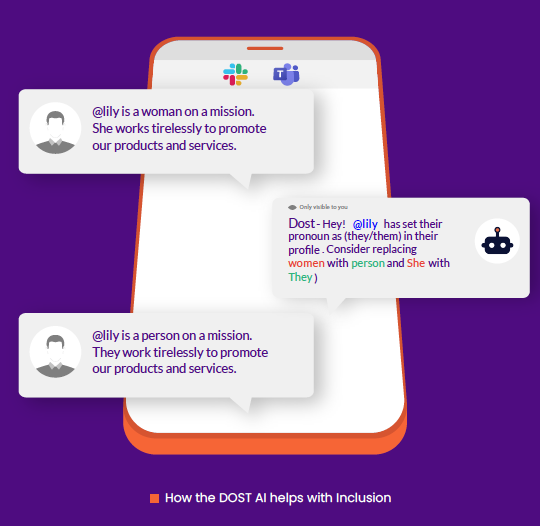Guest Article by Smriti Vijay
Introduction
Our society is filled with many different languages, most with countless words and phrases that fall in the male-female binary. In English, for instance, words like ‘waiter’ and ‘waitress’ are immediately assigned to a sex, male and female, respectively. As more and more people are revealing their true identity and expressing themselves in a way outside of this binary, the urge for more gender-neutral expressions and titles has grown. Studies have emerged from this new interest, many stating that the gender binary that is ever-present in our lives and language goes as far as to affect the way we think. For example, in languages that label certain nouns as ‘masculine’ or ‘feminine,’ native speakers of that language have different views of that noun. For example, nouns which are characterized as feminine in a language appear to native speakers as what is stereotypically feminine, such as gentle or nurturing. Furthermore, some studies have even asserted that countries with heavily gendered language have less gender equality. The language we use on a day-to-day basis has a great impact on society.
Some common gender-neutral replacements in the English language include the singular they/them pronoun. Many nonbinary individuals have chosen to go by these pronouns as they fall outside the traditional male-female binary. There is controversy regarding the grammar rules behind such a singular pronoun, but that controversy does not have basis, considering the singular they/them pronoun is already used when referring to people with an unknown gender. It is important to note that others may choose to adopt their own pronouns that are the best fit for them, like ‘xie.’ Transgender people may also adopt terms like ‘genderqueer’ and ‘genderfluid,’ and its important to inquire their identification preferences. Other gender-neutral replacements include ‘partner’ or ‘spouse,’ instead of ‘boyfriend’ or ‘wife. ‘Everyone’ is a great replacement for ‘ladies and gentleman.’ However, the language still lacks official gender-neutral terms for important titles, like ‘aunt,’ ‘uncle,’ niece,’ or ‘nephew.’
In the workplace, titles such as Mr. and Mrs. can be altered to be gender-neutral. Especially in a place of mutual respect and decorum as a workplace, it is important to inquire one of their chosen name and pronouns, and adhere to what they are comfortable with. Respecting a coworker’s identity is a sign of courtesy. Disrespecting one’s pronouns may cause hurt, embarrassment, anger, and anxiety from the other party. Inclusivity is a priority in a workplace, and respecting someone else’s pronouns is a good step to take.
Survey objectives
At krita.ai we are creating an AI Assistant for inclusive communications. We observed that people have been called out quite frequently for not using the pronouns of individuals. This happens in both verbal and written communications, especially when addressing someone in Slack/Teams channels, emails, documenting user-stories, job descriptions etc.
We developed a hypothesis that a language assistant should be able to guide people in using the right pronouns when referring to people who either have their pronouns publicized, or where the person’s pronouns are unknown.
While we observe a steady increase in the number of people publicly stating their pronouns, we wanted to get a deeper understanding of three aspects of using pronouns at a workplace:
- Gauge the level of awareness about using a person’s correct pronouns.
- Understanding the challenges people face while using non-binary pronouns, and
- Identifying a role technology can play in assisting people with using the correct pronouns.
We surveyed 1825 working professionals across three continents, genders and age groups on the use of pronouns.
Challenges people face in using pronouns at work
How krita.ai can help
At krita.ai, we are creating an AI assistive BOT (Dost) that provides “in the moment” nudge to users with correct pronoun suggestions. This bot works on most popular collaboration and employee chat apps like Slack, MS Teams and email.
Sneak peak into how the app works:

Reach out to us at info@krita.ai to learn more.

